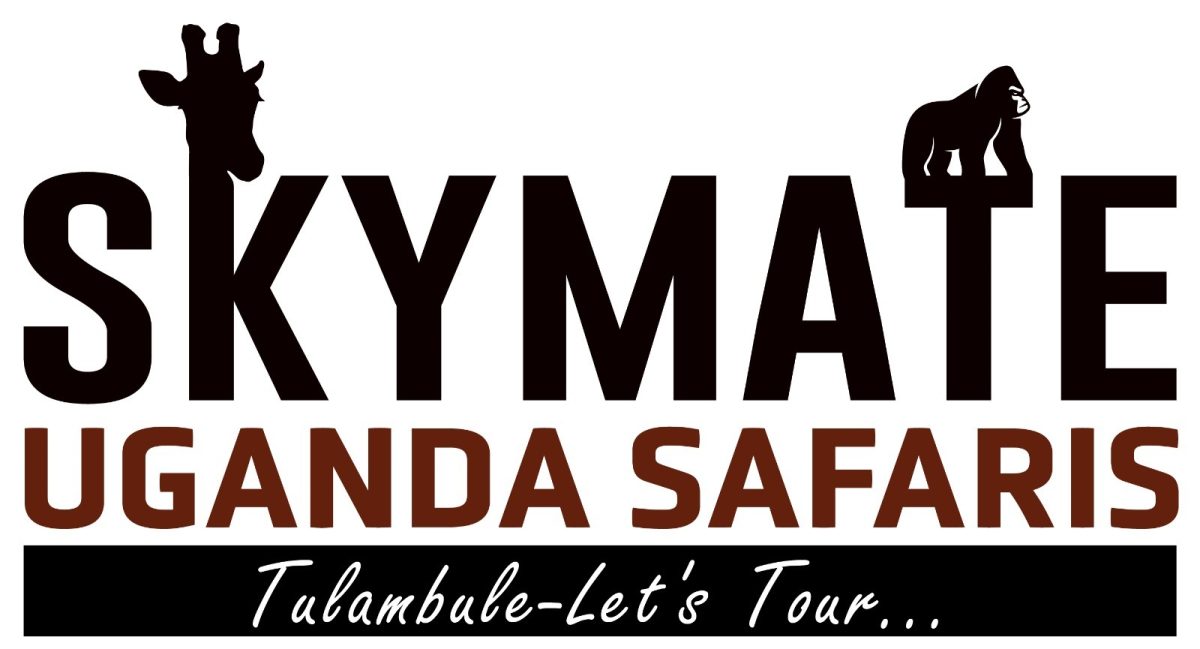Although Rwanda may not have zanzibar or the Kenya Coast, it is still possible to take a beach break in the Land of 1,000 Hills. Beautiful Lake Kivu is part of Africa’s series of Great Lakes and the go-to destination for those looking for some rest and relaxation. This massive freshwater water boday lies on the western side of Rwanda and framed by imposing hills, nestled within a verdant valley. It is not only the country’s largest freshwater lake, but also marks the natural border with neighboring Congo.
Considered a hidden gem among the tourist attractions of Rwanda, Lake Kivu is ideally located as a stopping point between the mountain gorillas of Volcanoes National Park and the chimpanzees of Nyungwe Forest. Imagine spending a few days exploring Rwanda’s verdant forests, tracking wild gorillas, golden monkeys, and chimpanzees on foot, and walking in the footsteps of Rwandan kings, and then traveling a short distance to a sparkling lake and lovely beach for some rejuvenation.
Kivu offers endless possibilities for fun-filled beach days, including boat cruises, water sports, beachfront lounging and more! The shores of Lake Kivu are dotted with resorts, 5-star hotels, backpackers, and family-friendly hotels for all budgets.
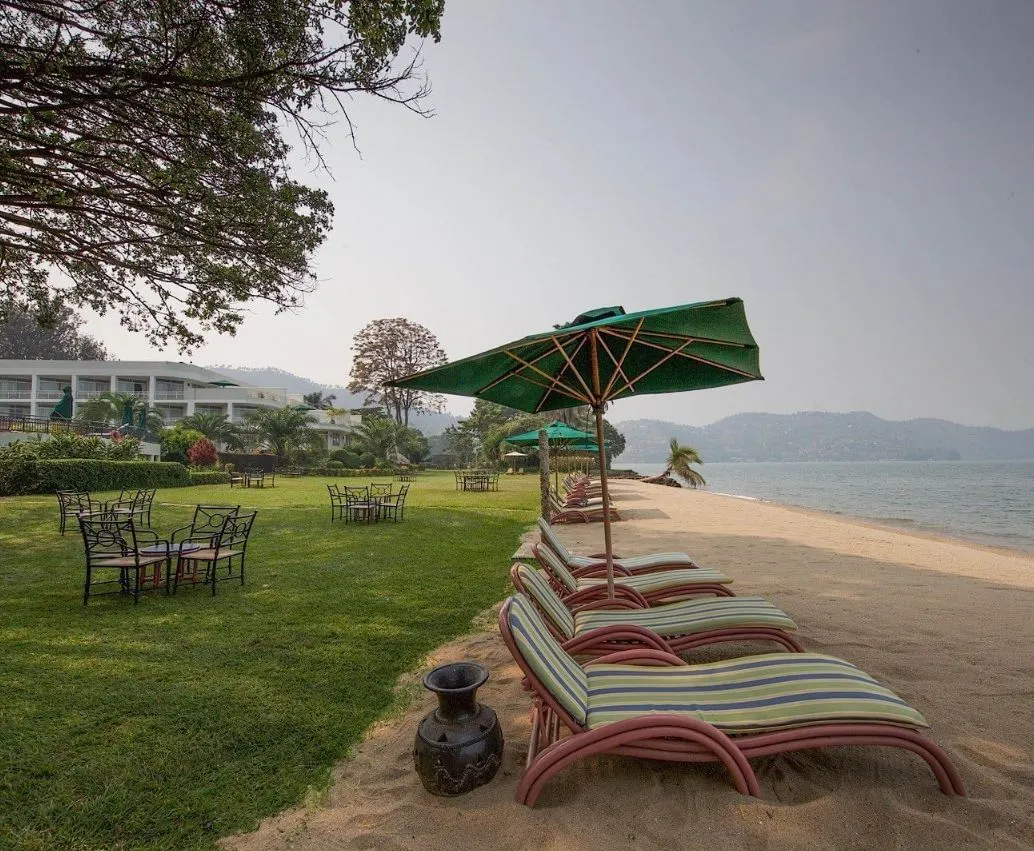
Geography
Lake Kivu is part of the Albertine Rift Valley, the western branch of the East African Rift, covering parts of Uganda, Rwanda, DR Congo, Burundi and Tanzania.
As a result, there is high volcanic activity in the area, which means that the region around the lake has a special flora and fauna compared to other Rift Valley lakes.
Lake Kivu is about 42 kilometers long and 50 kilometers at it’s widest. The irregular shape of the lake makes measuring its precise surface area difficult; it has been estimated to cover a total surface area of some 2,700 square kilometers, making it Africa’s 8th largest lake. The surface of the lake sits at a height of 1,460 meters above sea level. The world’s 10th largest island in a lake, Idjwi, lies in Lake Kivu.
The maximum depth of Lake Kivu is 475 meters making it the 20th deepest lake on the planet. Lake Kivu empties into the Ruzizi River, which flows southwards into Lake Tanganyika.
History
In the past, Lake Kivu drained toward the north, contributing to the Nile River. About 13,000 to 9,000 years ago, volcanic activity blocked Lake Kivu’s outlet to the watershed of the Nile.
The volcanism produced mountains, including the Virunga Volcanoes, which rose between Lake Kivu and Lake Edward, to the north. Water from Lake Kivu was then forced south down the Ruzizi. This, in turn, raised the level of Lake Tanganyika, which overflowed down the Lukuga River.
In 1894, German explorer and Officer Gustav Adolf von Götzen was the first European to discover the lake. Since then it has maintained a historical importance for been caught up in the conflict between Hutu and Tutsi people in Rwanda, and their allies in Congo, which led to the 1994 Genocide and the first and second Congo wars. Lake Kivu gained notoriety as a place where many of the victims of the genocide were dumped.
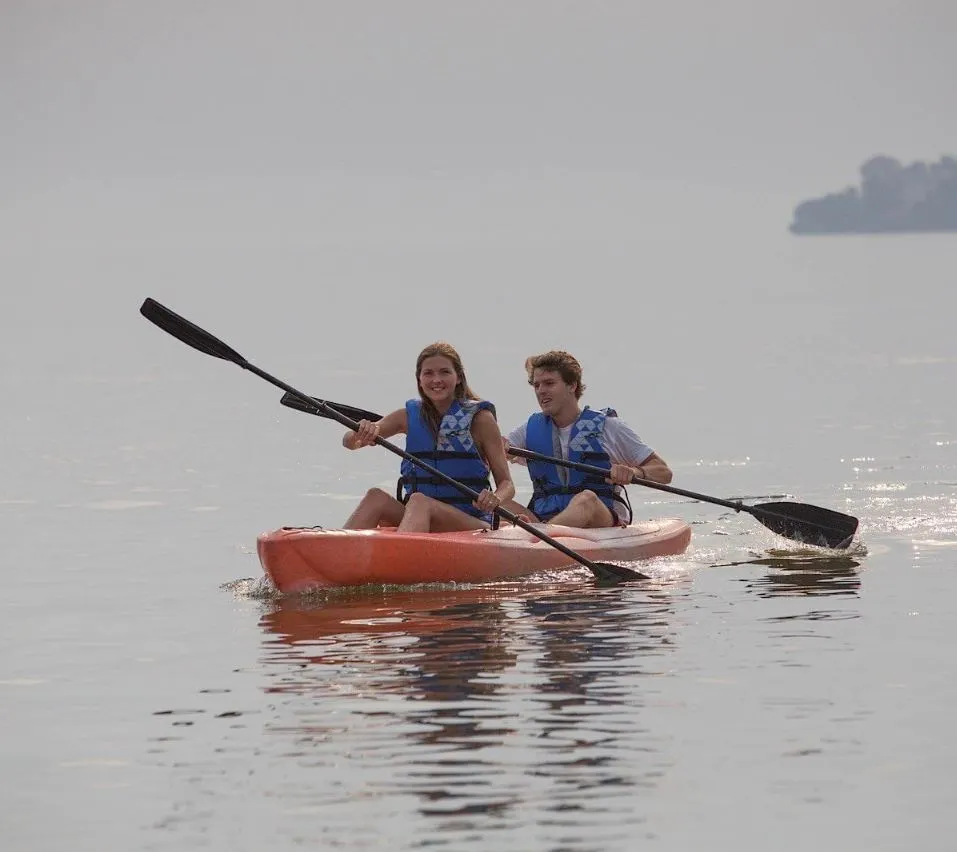
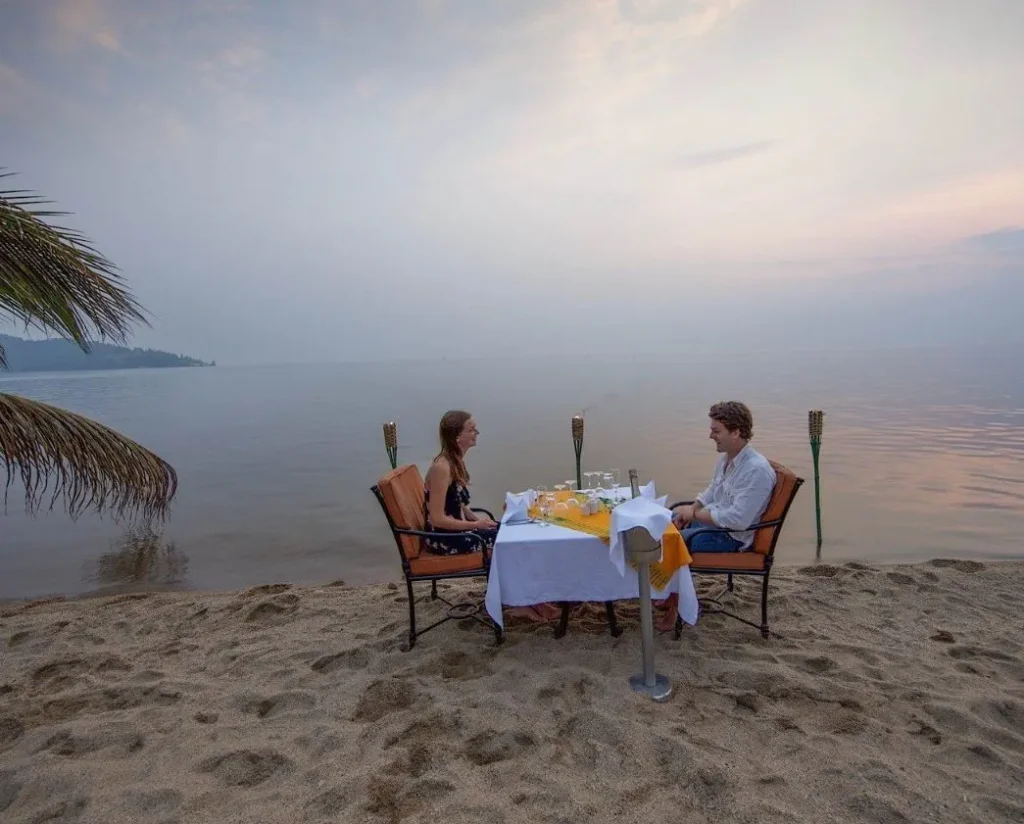
Chemistry
Lake Kivu is a multi-layered lake whose depths are saturated with trapped carbon dioxide and methane. It is one of 3 lakes on Earth, along with Lake Nyos and Lake Monoun that undergo limnic eruptions, where overturn of deepwater stratified layers releases dissolved carbon dioxide (CO2).
The bottom of Lake Kivu also contains methane (CH4), meaning a limnic eruption can occur if the lake is disturbed, putting the lives of people living nearby in danger. The amount of methane gas contained at the bottom of Lake Kivu is estimated to be around 65 cubic kilometres.
If burned in a modern combined-cycle generating plant, that amount of methane would generate around 40,000 megawatts for an entire year, which is equivalent to the power output of 6 Grand Coulee Dams operating at peak springtime power.
Until 2004, extraction of the methane gas was done on a small scale, with the extracted gas being used to run boilers at a brewery, the Bralirwa in Gisenyi.
Nice Locations At Lake Kivu
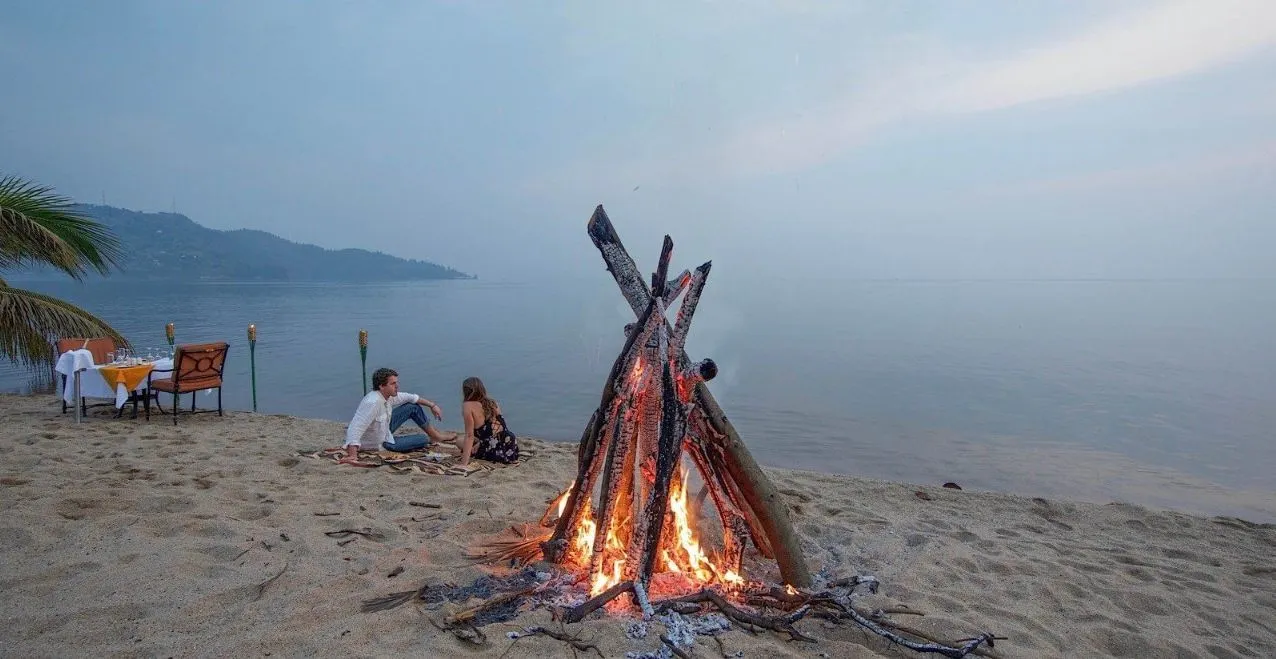
1. Gisenyi
Also known as Rubavu, Gisenyi town is located in the far north of Lake Kivu. After the capital Kigali, this is the largest city in Rwanda! Due to its location near the famous Volcanoes National Park, this place has developed as a place with good tourist facilities. There are a variety of accommodation options along the shores of the lake, which also have beautiful private beaches and trendy bars ideal for sundowner cocktails. Gisenyi is an ideal location to recover from impressions gained in the Volcanoes. From here, you can also visit the Pfunda Tea Estate or start a walk along the Congo Nile Trail.
2. Kibuye
Now better known as Karongi, Kibuye is situated halfway between the north and the south of the Lake Kivu. This authentic town is only visited by few tourists. Yet it has a fantastic location, which is mainly interesting as a stopover on the way from Nyungwe Forest to the impressive Volcanoes National Park. Kibuye is encircled by beautiful hills and there are beautiful peninsulas in the lake.
Here, you can experience authentic Rwanda better than anywhere else. Local fishermen with their beautiful fishing boats, children playing on the waterfront, and women working on the plantations: here you get a special insight into rural life. Here too, travelers can hike part of the Congo Nile Trail, spot birds on Napoleon Island or simply enjoy the beautiful view.
3. Cyangungu
Also known as Rusizi, Cyangugu is the last town at the south of Lake Kivu. It overlooks Bukavu town on the other side of the lake in DR Congo. Cyangugu is not as developed as Gisenyi and Kibuye and does not have a lot of hotels. The town is located about 30 – 40 minute drive from Nyungwe Forest and is thus a good place to stay when visiting Nyungwe for the chimpanzee trekking, canopy walk or other treks in the forest.
Activities At Lake Kivu
The real joy of the Lake Kivu region is driving between its towns – the road gently twists back and forth as it winds through the gorgeous mountains and hills beside the lake. A visit to Lake Kivu is also worthwhile for hiking and cycling enthusiasts as well as travelers who want to get to know the local inhabitants of Rwanda. Lake Kivu region is a great option if you want to take an unhurried route between Nyungwe Forest and Volcanoes National Parks, stopping over to enjoy the lake’s beautiful beaches and warm, safe swimming waters. Here are the details about all the best things to do at Lake Kivu.
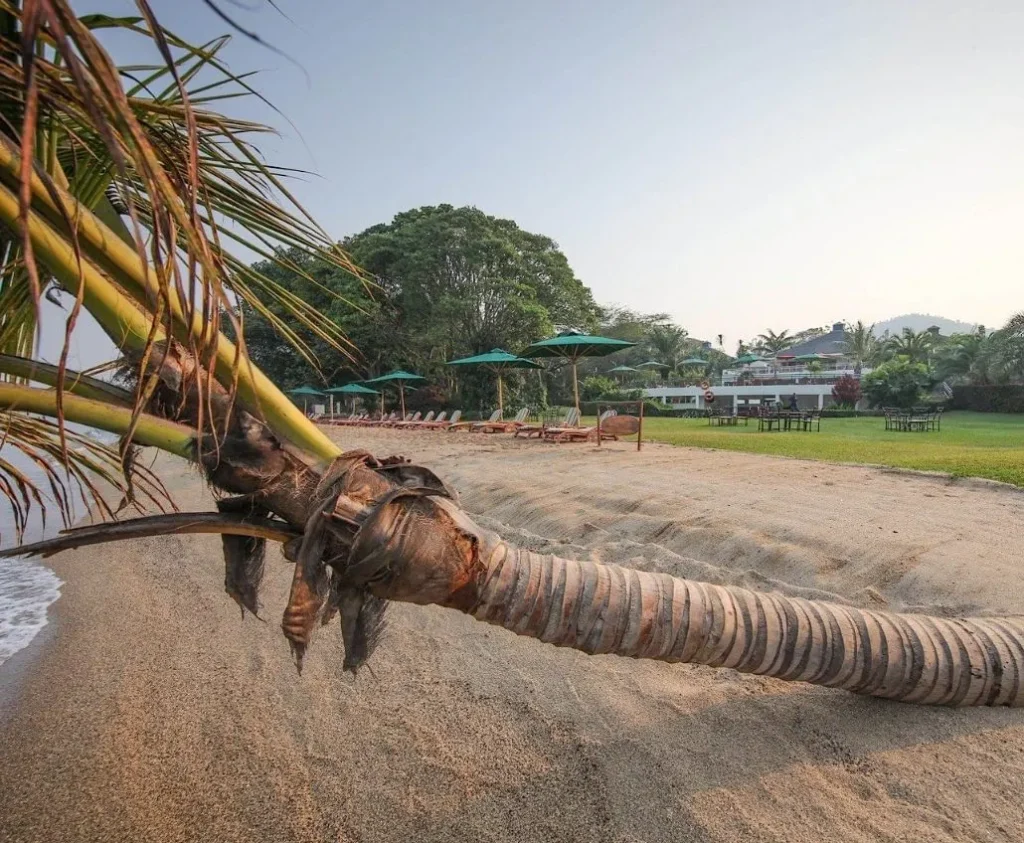
1. Relaxing By The Lake
Believe it or not, Lake Kivu in Rwanda has one of the best beach escapes in Central Africa! The gorgeous scenery does much to relax you. Most accommodations on the shores of the lake feature a private beach or a grassy meadow where you can relax.
2. Boat Trips
Off the coast of Kibuye Town lies Napoleons Island, a small island rich in many bird species. It is possible to take a boat cruise to the island in about 30 minutes, after which you will receive a tour and look for the various bird species. It is a fun-filled day trip that also offers a surprising view of the rolling hills of the mainland. You can as well board a tour boat on Lake Kivu before sunset to hear the famous “Singing Fishermen” of Lake Kivu. The songs, sung in a mix of deep baritones and high-pitched chants, are a part of the nightly ritual of these men, who will spend about 12 hours on the water.
The rhythm of the songs guides their paddle strokes, as they move a trio of large, wooden boats across Lake Kivu. When they find a perfect spot for fishing, they stop the singing. Then, the nine men work together to use the boat’s long poles to cast a wide net between them, set up kerosene lamps to attract the fish, and wait.
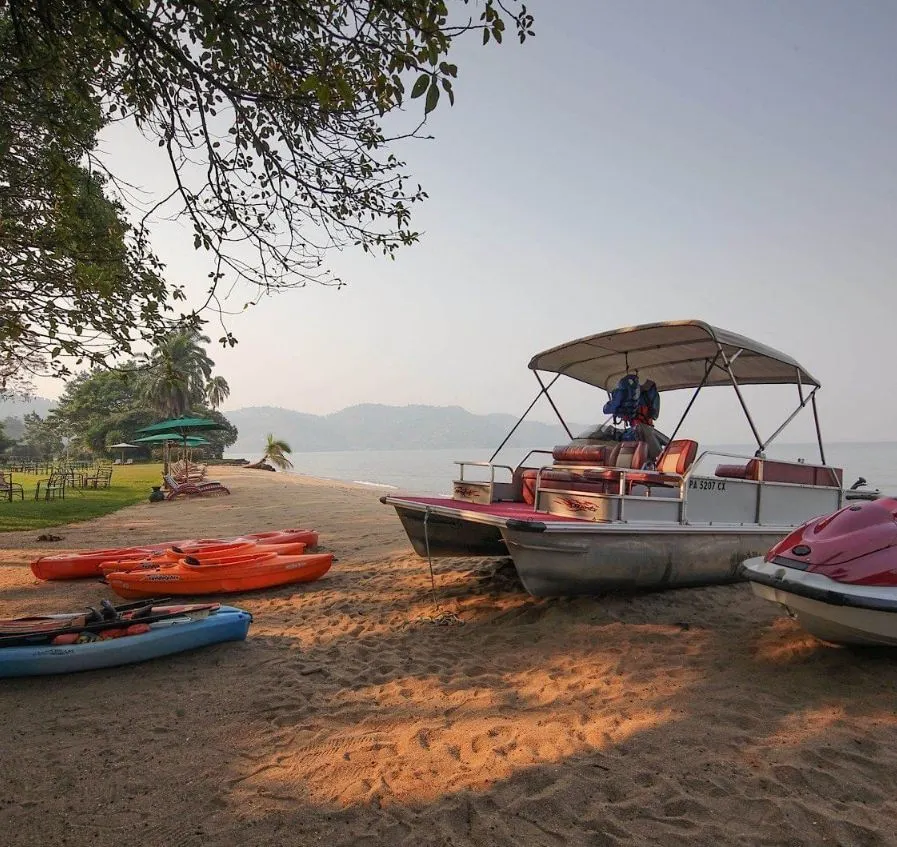
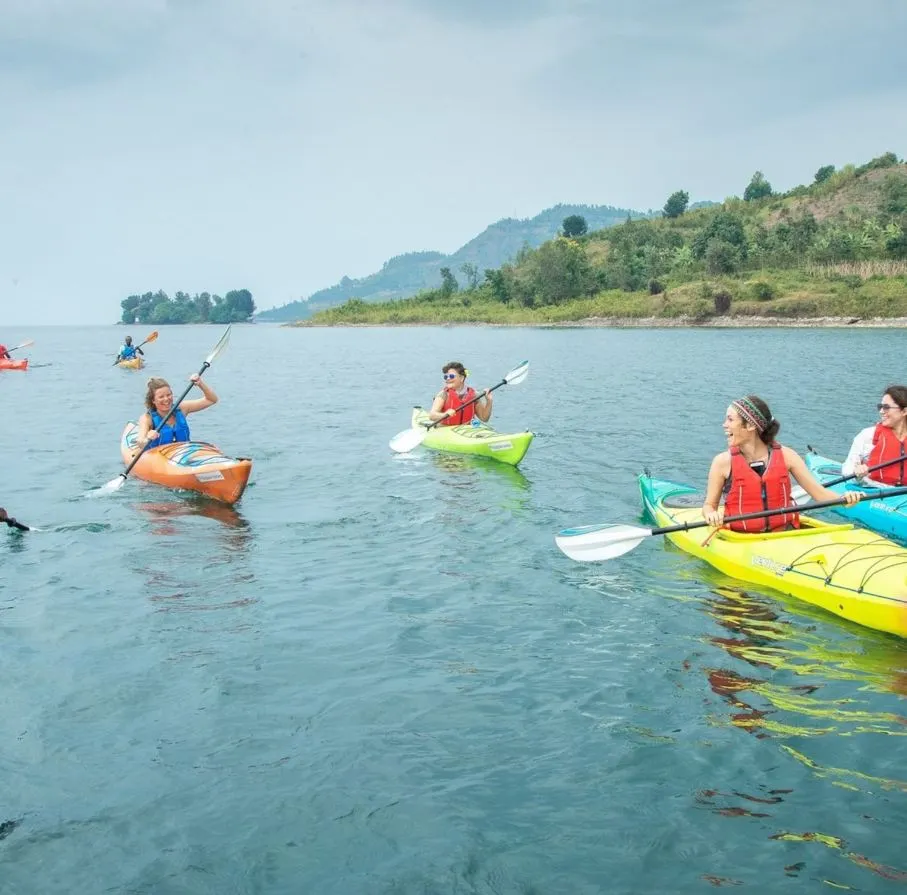
3. Kayaking
You can also take a kayak excursion to discover the blue and clear waters that lap the scenic shores of Lake Kivu. There are several of sandy inlets where you can stop and relax while watching birds that dart in and out of the surrounding bushes. Fear not, kayaking on Lake Kivu is super safe as there are no hippos or crocodiles.
You will find peace and tranquility on the quiet waters and feel the touch of the breeze, with the volcanic mountains as an astonishing backdrop. Kayaking on Lake Kivu is also another great opportunity to approach the Singing Fishermen on their superb traditional wooden boats. You may hear them singing rhythmically as they paddle out in unison – a memorable experience.
4. Hike Or Bike The Congo Nile Trail
On the shores of Lake Kivu there is a cycling and hiking trail of no less than 227km (140 miles) long, called the ‘Congo Nile Trail’. In recent years, this route has become one of the most well-known hiking and cycling trails in Rwanda. It uses a series of interconnected dirt road, rural paths, and drivable tracks through the tropical Kivu Region. Running roughly parallel to the eastern shores of the lake, the entire route can be completed in about 10 days on foot or 5 days on a mountain bike.
Expect a unique adventure amid rolling hills, vast coffee plantations and fascinating tropical forests – not to mention phenomenal lake views. Cycling or hiking is not the only focus, it is also a great way to meet locals and share traditional activities, including honey harvesting, craft making, visiting tea or coffee estates or joining local fishermen as they spend the night fishing sambaza (small fish).
The icing on the cake: there are also several hidden beaches en route where you can take a dip. There are dangerous animals living in Lake Kivu – so it is perfectly safe – and recommended – to refresh on a beach after a day’s hiking or biking the trail. There are also various types of accommodation enroute. Your guide can arrange camping, but if tents or campsites are not your things, there are guesthouses, homestays, and small lodges you can opt to stay in.
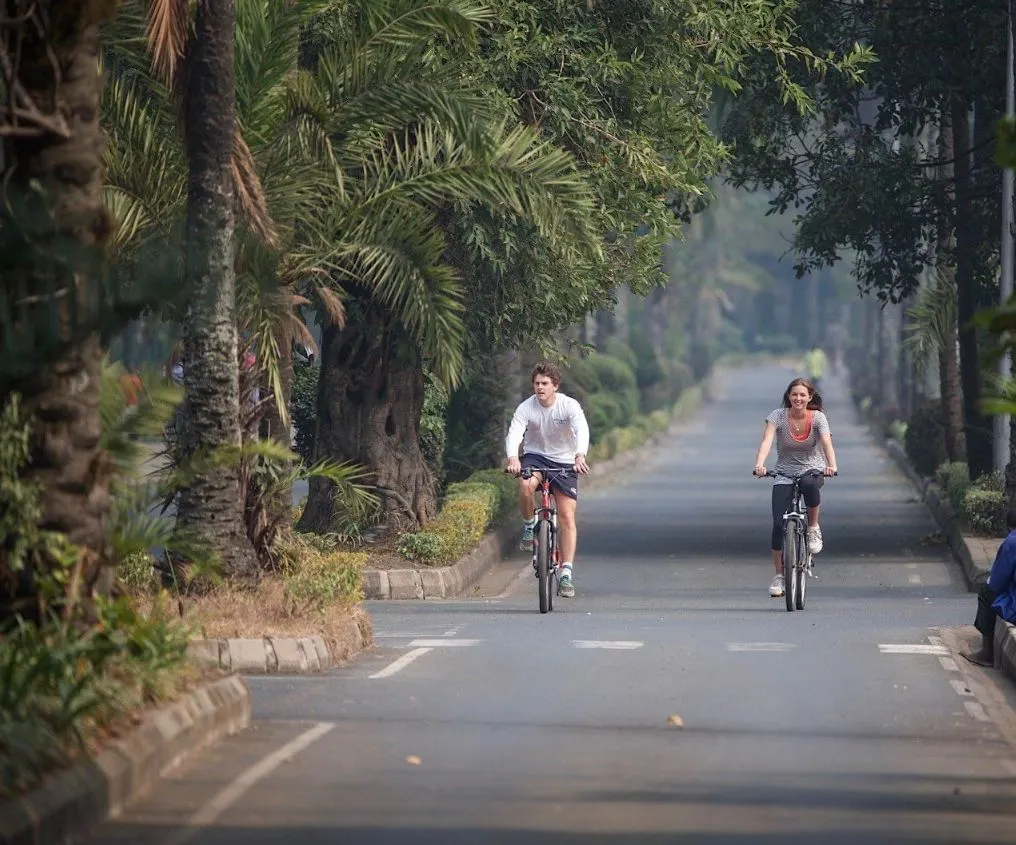
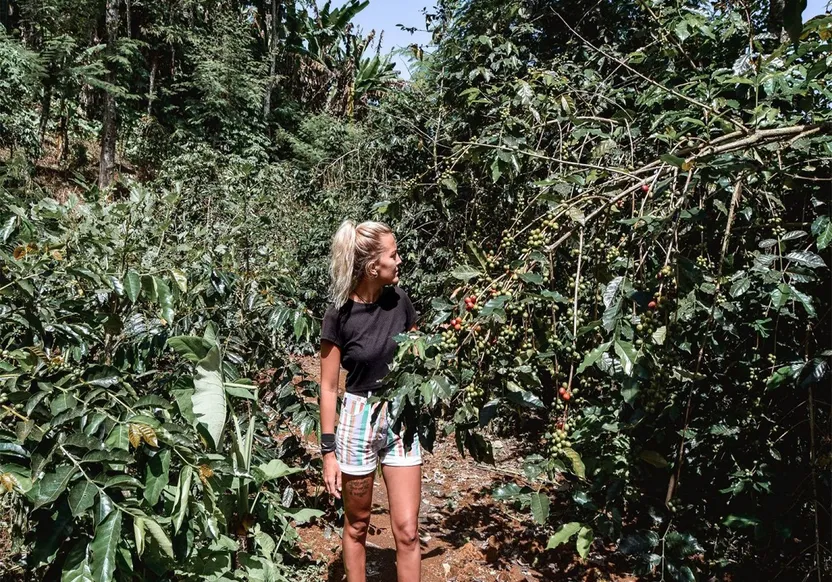
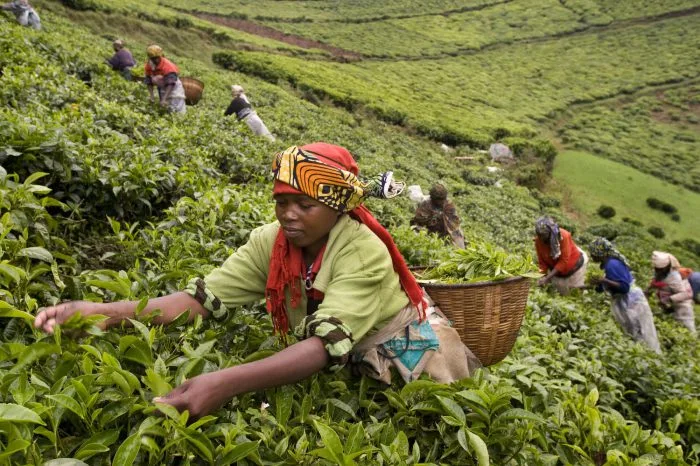
5. Tea Estate And Coffee Tours
The rich volcanic soil of Rwanda, together with high altitudes, makes ideal growing conditions for coffee, which, along with tea, is one of the top exports of the country. A network of close to half a million small growers produce coffee all over Rwanda, including the northernmost Virunga region, and Akagera, a southeastern region with the country’s only Big Five destination, Akagera National Park.
The most famous coffee-producing area is concentrated around Lake Kivu’s Gisenyi Town. Here, you can visit spots like the Kinunu Washing Station overlooking Lake Kivu or the Ingoboka Collective on Nyamirundi Island, to learn about Rwanda’s renowned coffee variety, Bourbon Arabica. Also you can visit Pfunda Tea Estate which is located about 10 minutes from Gisenyi Town. In 2011, this became the first plantation in Rwanda to officially receive a certificate for sustainability. Thanks to its location on the volcanic hills, the tea is of excellent quality. Travelers are welcome to take a look at the plantations and taste the tea themselves.
How do I get from Kigali to Lake Kivu?
You can get to Lake Kivu by road as well as plane as well as from Kigali. By road, you’ll spend around 3 hours driving from Kigali to Lake Kivu on a well-tarmacked route. Furthermore, public transportation is also accessible from Kigali; you may take a bus from Kigali to Kibuye, Cyangugu, or Gisenyi. Buses from these towns to Lake Kivu run regularly. By Air, you can also reach Kivu through chartered aircraft from Kigali International Airport. You can take a chartered flight from Kigali to Gisenyi airport, where you’ll be connected to Lake Kivu for leisure and exploration by either public or private transfers, depending on your travel package.
When Is The Best Time To Visit Lake Kivu?
If you are planning a Rwanda safari holiday to the Lake Kivu, the dry seasons are the ideal time to visit the gorgeous lake. The hottest months of June through August through October are the finest seasonal months to visit Lake Kivu. These months feature cool temperatures and clear sunny days, with temperatures ranging between 15 to 27 degrees Celsius. However, Lake Kivu is a fantastic Rwanda safari destination that can be visited at any time of the year. All this depends on your travel interests.
Accommodation – Lake Kivu Hotels & Resorts
As Lake Kivu attracts a number of tourists and Rwandan holidaymakers, there are a variety of accommodation options ranging from budget, midrange to luxury hotels, resorts, and guesthouses. The views from many hotels and guesthouses across the lake are lovely, with little sandy beaches and grassy banks leading down to the palm-fringed shore.
1. Gisenyi
Some of the hotels we can recommend for international visitors include:
- Lake Kivu Serena Hotel (upmarket)
- Paradis Malahide Hotel (Midrange)
- Inzu Lodge (budget).
2. Kibuye
Some of the hotels we can recommend to international visitors include:
- Kivu Lode (upmarket)
- Moriah Hill Resort (Midrange)
- Comoran Lodge (Midrange)
- Home Saint Jean (Budget)
3. Cyangungu
Hotels we can recommend in Cyangugu include:
- Peace Guesthouse (Budget)
- Emeraude Kivu Resort (midrange)
Do You Have Questions About Lake Kivu?
Ask them to our specialists. All Rwanda specialists are happy to help you organize your dream trip!
